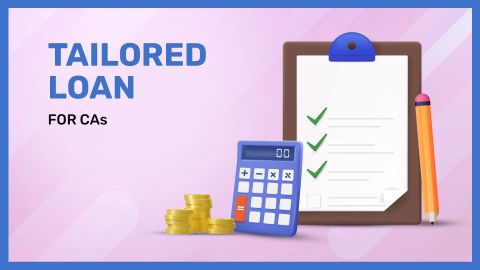Importance of a financial controller
The importance of a financial controller cannot be overstated. They are central to the financial decision-making process, ensuring that the company’s financial practices are robust and compliant with legal standards. Financial controllers help in budget planning, forecasting, and analysing financial data, which are critical for strategic planning. By maintaining accurate and timely financial records, they help organisations make informed business decisions, optimise resource allocation, and achieve financial goals.
Role and duties of a financial controller
Financial controllers have a broad range of responsibilities, including:
- Accounting Operations: Handle month-end and year-end close, accounts payable/receivable, payroll, and the general ledger.
- Financial Reporting: Prepare accurate financial statements (P&L, Balance Sheet, Cash Flow) and ensure compliance with accounting standards.
- Budgeting & Forecasting: Create budgets, monitor performance, analyse variances, and forecast future financial needs.
- Internal Controls: Set up and maintain strong controls and processes to ensure accuracy and security.
- Auditing & Compliance: Coordinate internal and external audits, manage tax filings, and follow financial regulations.
- Financial Analysis: Examine financial performance, assess investments, manage risks, and advise leadership on strategy.
- Team Leadership: Lead, train, and develop accounting and finance staff.
Skills required to be a financial controller
To excel as a financial controller, one needs the following skills:
- Accounting proficiency: Strong understanding of accounting principles
- Analytical skills: Ability to analyse financial data and reports
- Attention to detail: Ensuring accuracy in financial reporting
- Communication skills: Effective communication with stakeholders
- Leadership skills: Leading the finance team
- Problem-solving skills: Addressing financial issues proactively
- Technological skills: Proficiency in financial software and systems
Difference between a CFO and a financial controller
| Aspect |
CFO |
Financial controller |
| Scope of work |
Overall financial strategy |
Day-to-day financial operations |
| Reports to |
CEO |
CFO (in most cases) |
| Role focus |
Financial planning and growth strategies |
Financial management and reporting |
| Decision-making |
Strategic decisions |
Tactical and operational decisions |
| Skills |
Strategic thinking, leadership |
Analytical, detailed-oriented |
How to become a financial controller
Here is a step-by-step guide to becoming a financial controller:
- Education: Complete a bachelor’s degree in accounting, finance, or a related subject.
- Work Experience: Gain hands-on experience in accounting or finance roles.
- Certifications: Obtain professional certifications such as CA (Chartered Accountant), CPA (Certified Public Accountant), or CMA (Certified Management Accountant).
- Higher Studies: Consider a master’s degree in finance or an MBA to boost career growth.
- Skill Building: Develop strong skills in financial analysis, reporting, and management.
- Lifelong Learning: Keep up-to-date with the latest financial rules, standards, and practices.
Conclusion
A financial controller plays a pivotal role in the financial stability and growth of any organisation. Their expertise in financial management, reporting, and compliance ensures that companies navigate the financial landscape effectively. For aspiring Chartered Accountants looking to become financial controllers, considering a CA Loan or a professional loan, like the one offered by Bajaj Finance, can be a strategic move to fund your education and career development.





